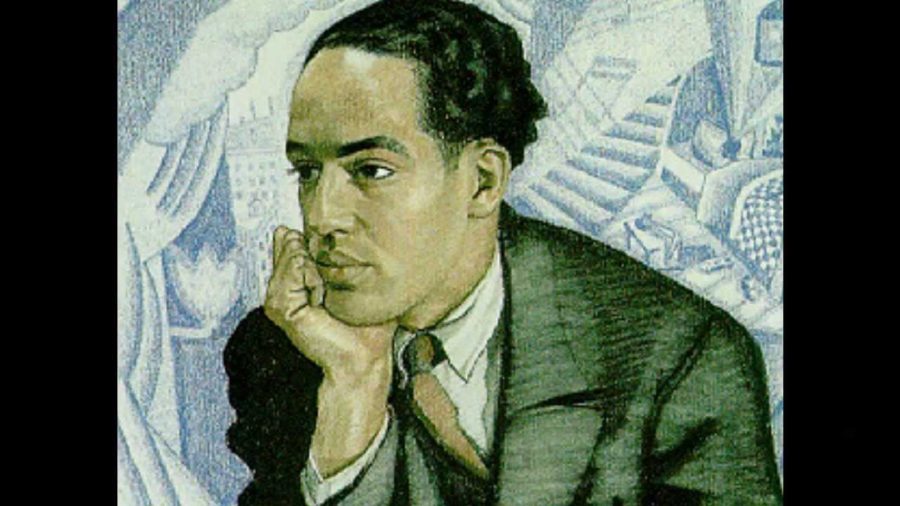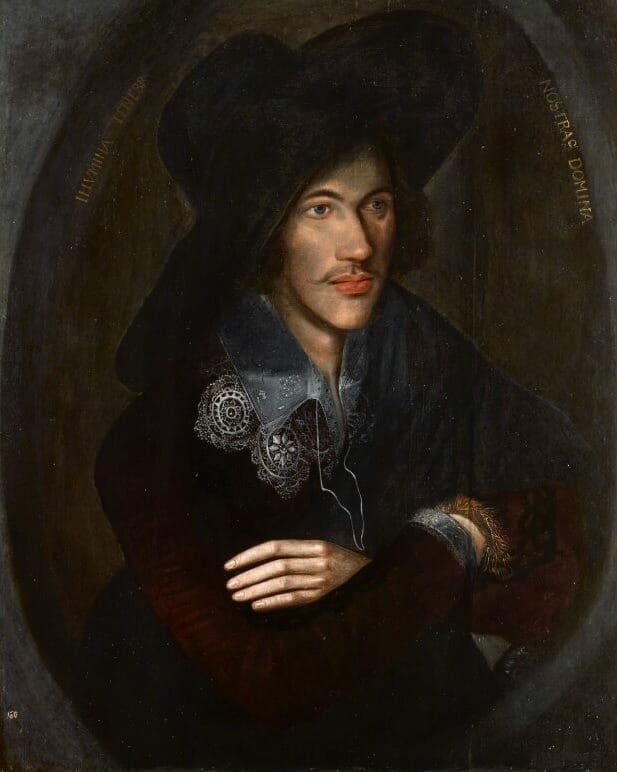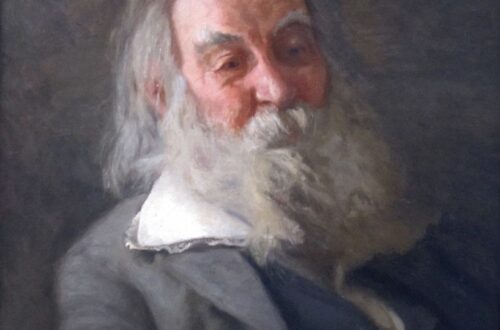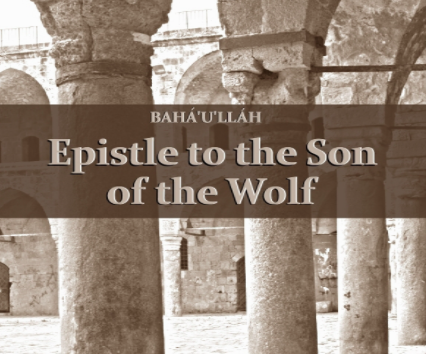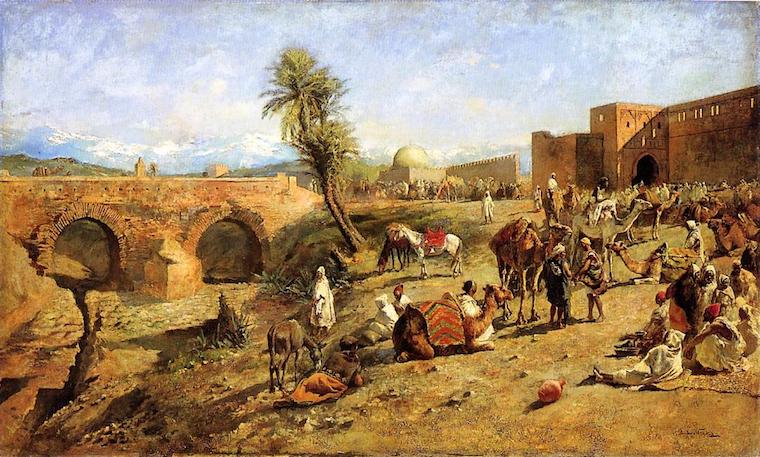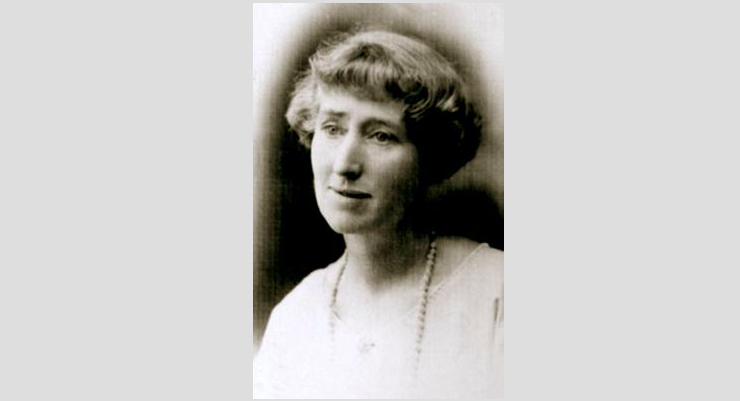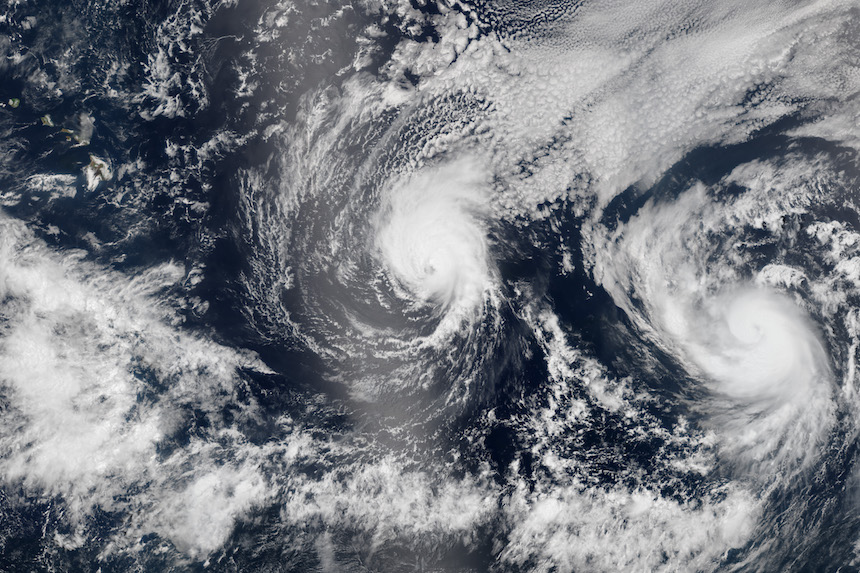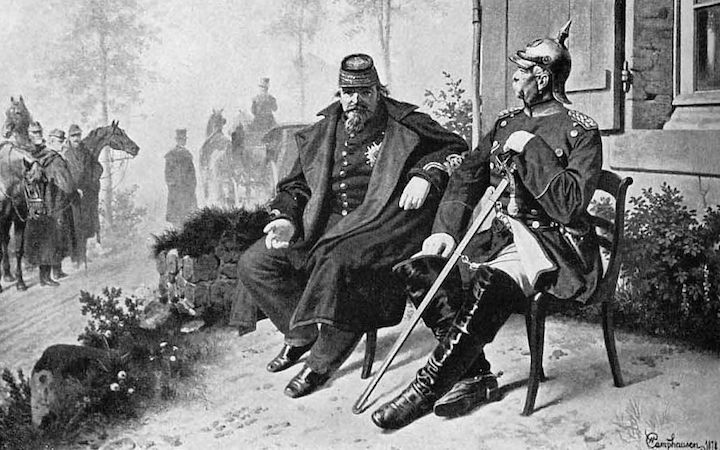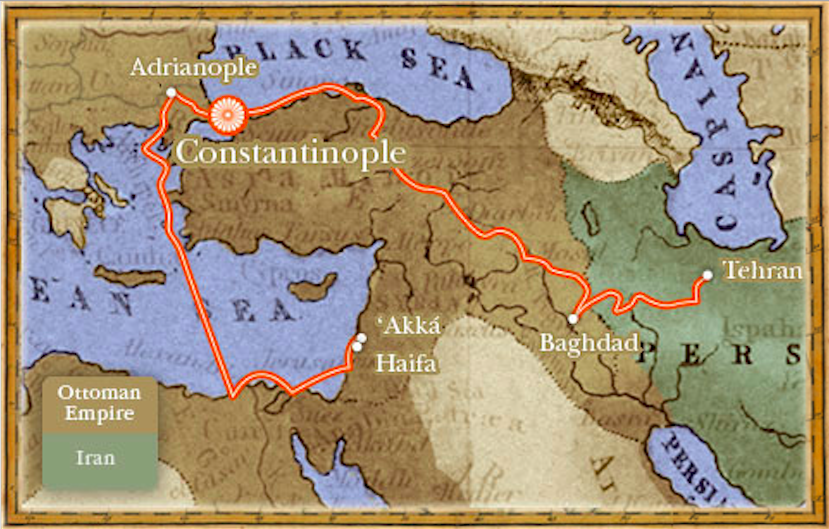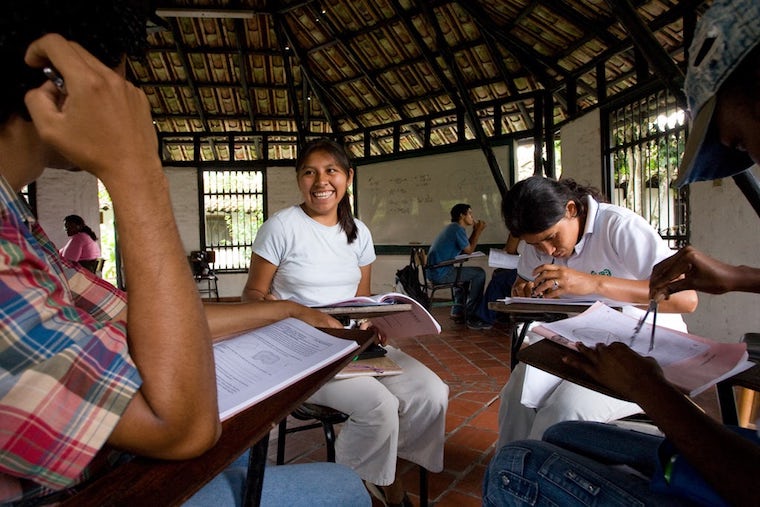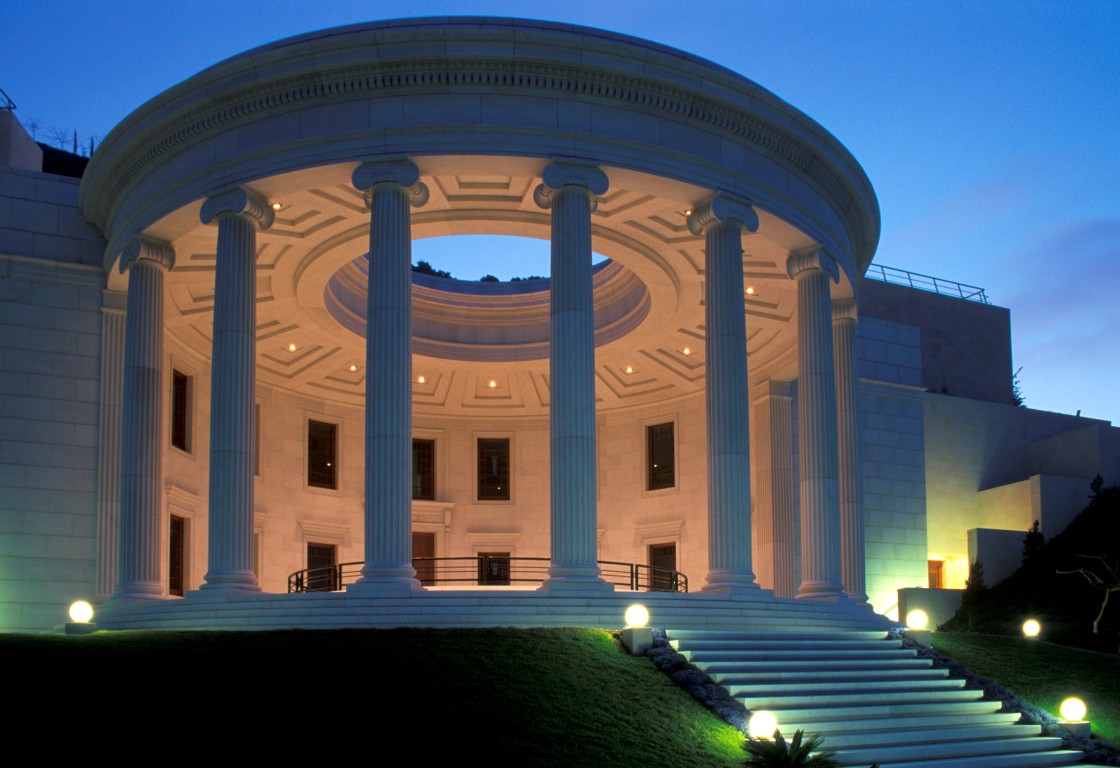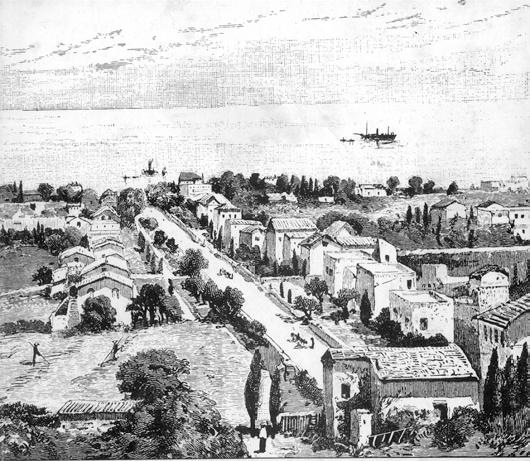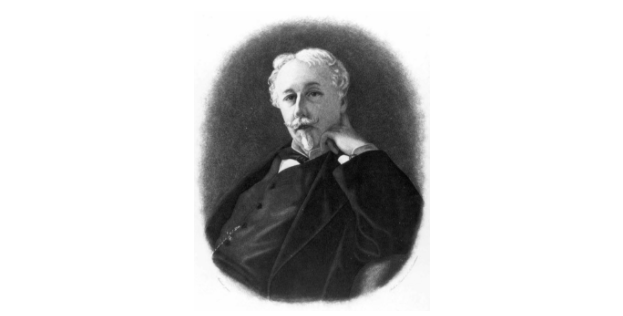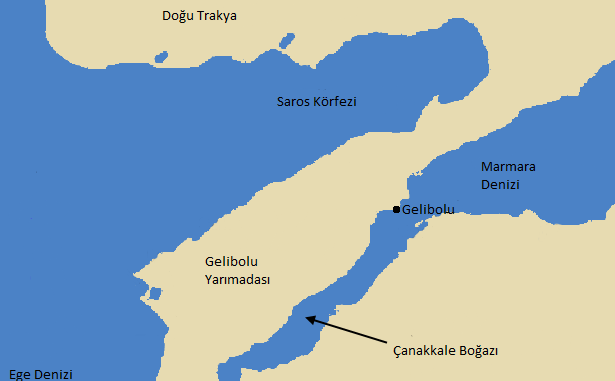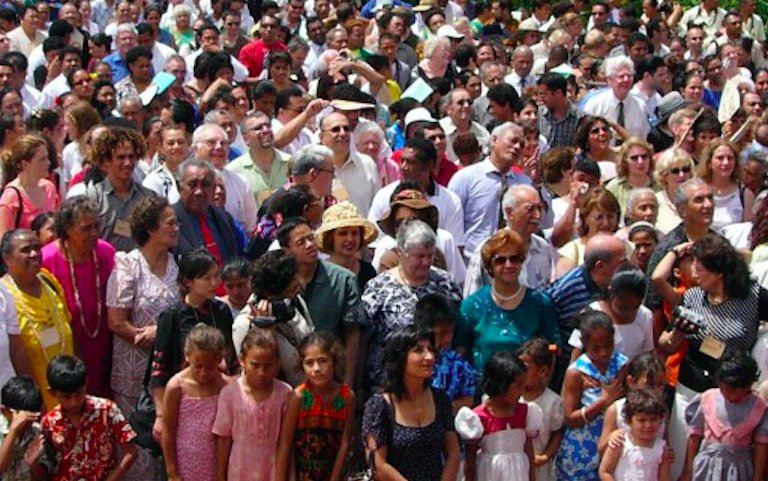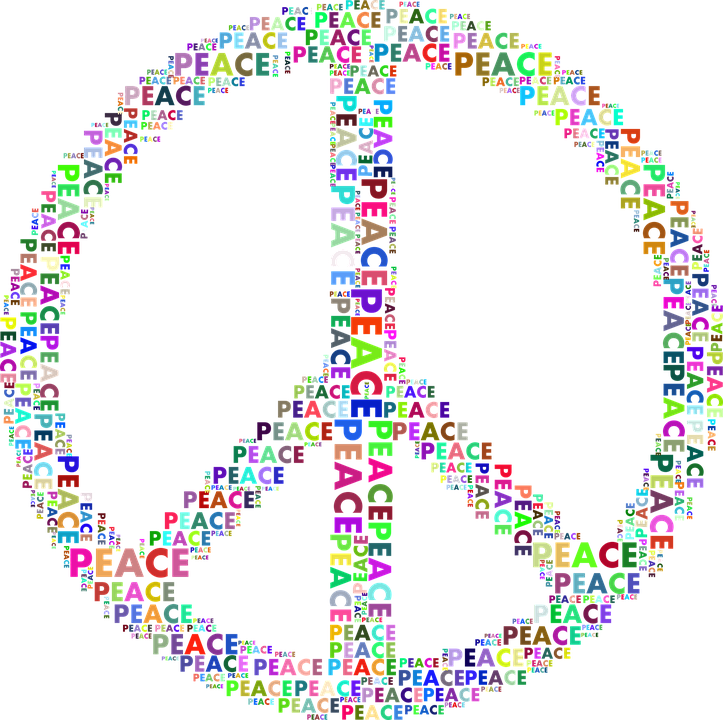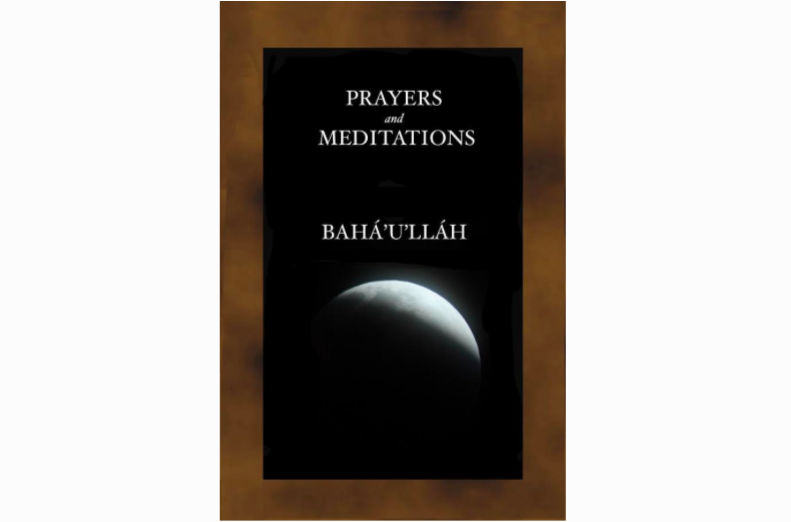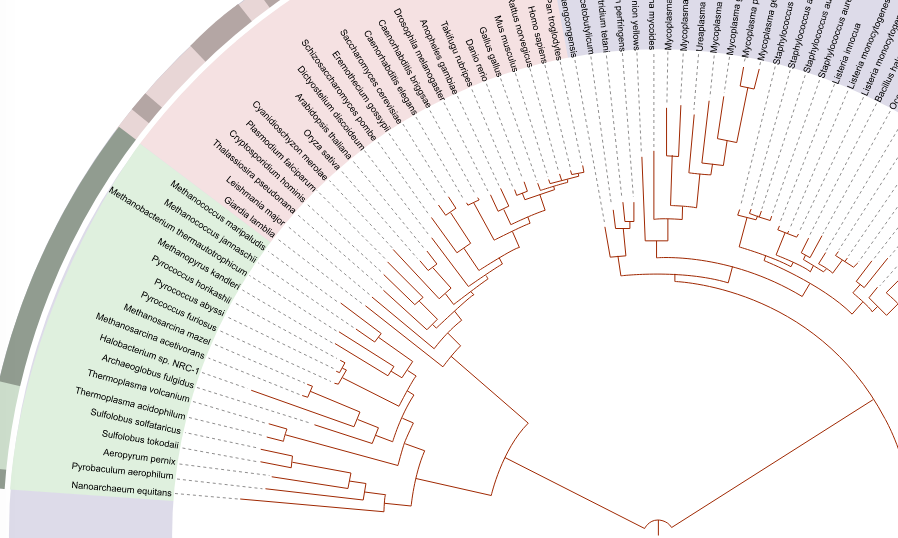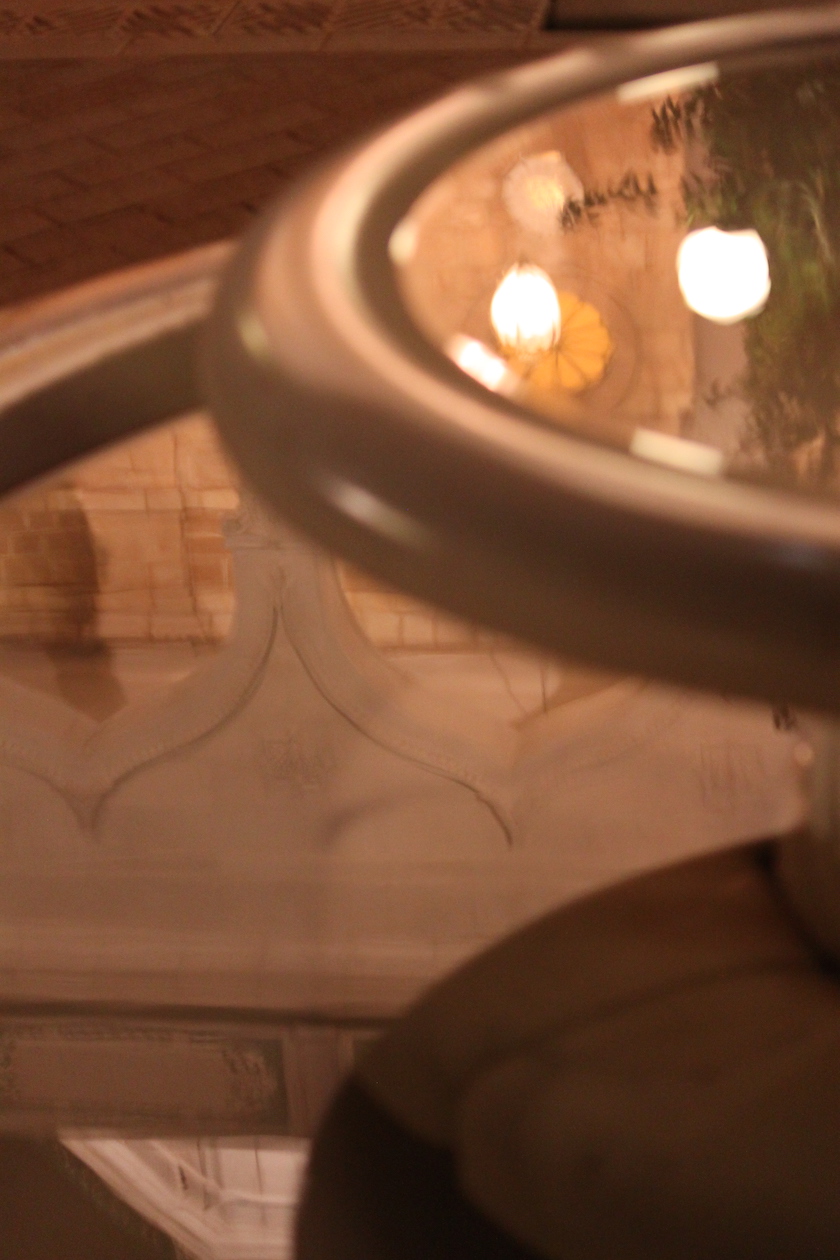Oneness of Humanity
-
Walt Whitman – His Yearning and Ardent Poetry
The celebrated American poet, Walt Whitman, lived from 1819 until 1892. It was a tumultuous time of change in the United States; an epoch which is reflected in his poetry and in his hopes for the future of America. Two of his poems – poems reaching for a better world – appear below. They are presented both in original and in Italian translation. Il celebre poeta americano, Walt Whitman, visse dal 1819 al 1892. Era un’epoca tumultuosa e di cambiamento negli Stati Uniti; un’epoca che si riflette nella poesia di Whitman e nelle sue speranze per il futuro dell’America. Due delle sue poesie – poesie che cercano un mondo migliore…
-
John Donne’s For Whom the Bell Tolls: with translation
John Donne’s passage For Whom the Bell Tolls is most familiar to audiences of our time through Ernest Hemingway’s novel of the same name, set in the Spanish civil war. John Donne’s words are often understood today as a poem (and they are indeed poetic). However they come from a book of devotions, and a longer contemplation on the meaning of the bell. John Donne lived in seventeenth century England. The tolling of the bell was a constant reminder of the call to prayer, and when in 1624 he wrote the passage, John Donne was Dean of St. Pauls (then one of the highest offices of the Anglican church). Il…
-
The Epistle to the Son of the Wolf – Oneness of Religion, Oneness of Humanity
The Epistle to the Son of the Wolf is Bahá’u’lláh’s last major work, written in the last year of his life. It is Bahá’u’lláh’s own summation of his life and teachings. It was addressed to a brutal persecutor of the followers of Bahá’u’lláh, a priest in Isfahan, Aqa Najafi. In his persecutions of the Baha’is, Aqa Najafi collaborated with and followed in the footsteps of his father – “the Wolf” – who had earlier been responsible for the brutal murder of two Baha’is in that city. The opening passages of the Epistle invite Aqa Najafi to seek forgiveness from God for his crimes and provides him with the words to do so.…
-
If the Learned Illuminated the Path to Human Unity …
“The cult of [national sovereignty] has become mankind’s major religion. The intensity of worship of the idol of the national state, is of course, no evidence that national sovereignty provides a satisfactory basis for the political organization of mankind … The truth is the very opposite … It seems fairly safe to forecast that, if the human race survives, it will have abandoned the ideal and practice of national sovereignty.” [Arnold Toynbee, The Reluctant Death of Sovereignty, Center for Study of Democratic Institutions, July 1970] These are the words of a leading historian of the twentieth century. While there are other visionaries like him, there are few who so clearly illuminate…
-
Tablet of the Branch
In Adrianople, Bahá’u’lláh began the public announcement of his mission; writing to kings and rulers and to followers of the Bab. Also from this period, Bahá’u’lláh was already looking far ahead to the time when he would no longer be in the physical world and he was laying the foundations of the Baha’i Faith after his passing. We have already noted the role of Abdu’l Baha in his journeys to the West,[1][2][3][4], and in his role as the foundation stone of human unity. We have seen the extraordinary work schedule that he maintained. In France, his first address was concerned with kindness and welcome to strangers. In the Tablet of the…
-
Origins of Racism: the Case of the Count de Gobineau
When we see racism still at work in our world it is important not only to know its current manifestations but also to understand something of how it arose. This article concerns, Count Arthur de Gobineau, a man who is often labelled a “father of racism”. Of course, no one individual is solely responsible – but he was clearly one of those whose influence contributed to the strengthening of racist ideology. Curiously enough he also appears as the European historian who wrote the first extensive account of the birth of the Babi religion, as we have seen in the article on E.G Browne. Regrettably, it appears, Gobineau did not pursue…
-
Achieving Unity
It was not obvious when Bahá’u’lláh stated it, but it is obvious today. The problems of the world cannot be solved and human welfare and peace cannot be achieved, until humanity’s unity “is firmly established”. Yet if we look around the world, there is nothing more obvious than the divisions that beset human beings. No two men can be found who may be said to be outwardly and inwardly united. The evidences of discord and malice are apparent everywhere, though all were made for harmony and union.[1] If unity were easy, it would have already been achieved. It is not impossible, but it is harder than even the most visionary goals human…
-
The Interconnection of All Things
All things are interconnected. … every part of the universe is connected with every other part by ties that are very powerful and admit of no imbalance, nor any slackening whatever.[1] When Abdu’l Baha made comments of this kind he had in mind the interconnection between the material, plant, animal and human kingdoms. The atoms that make us up transition between these worlds remaining unchanged in their essence although entirely transformed in their outward characteristics. Indeed we could not exist but for the fact that the atoms that make up our bodies were long ago manufactured in the nuclear processes of a star. As each component atom or element in…
-
Three Protagonists Generating the Future: Individual, Community and Institutions
The title to this article draws on a concept described in letters of the Universal House of Justice to the Baha’i community – that there are three protagonists (three actors): individual, community and institutions; from whose interactions the future emerges. In the previous three articles we have examined Bahá’u’lláh’s reforms to religious institutions, the kind of community life the Baha’i community is working to foster and the role of the individual. Working towards a new relationship between these three actors is connected with Bahá’u’lláh’s vision both of the time in which we live (the era of human maturity) and his vision of the oneness of humanity. The increasing difficulty in…



